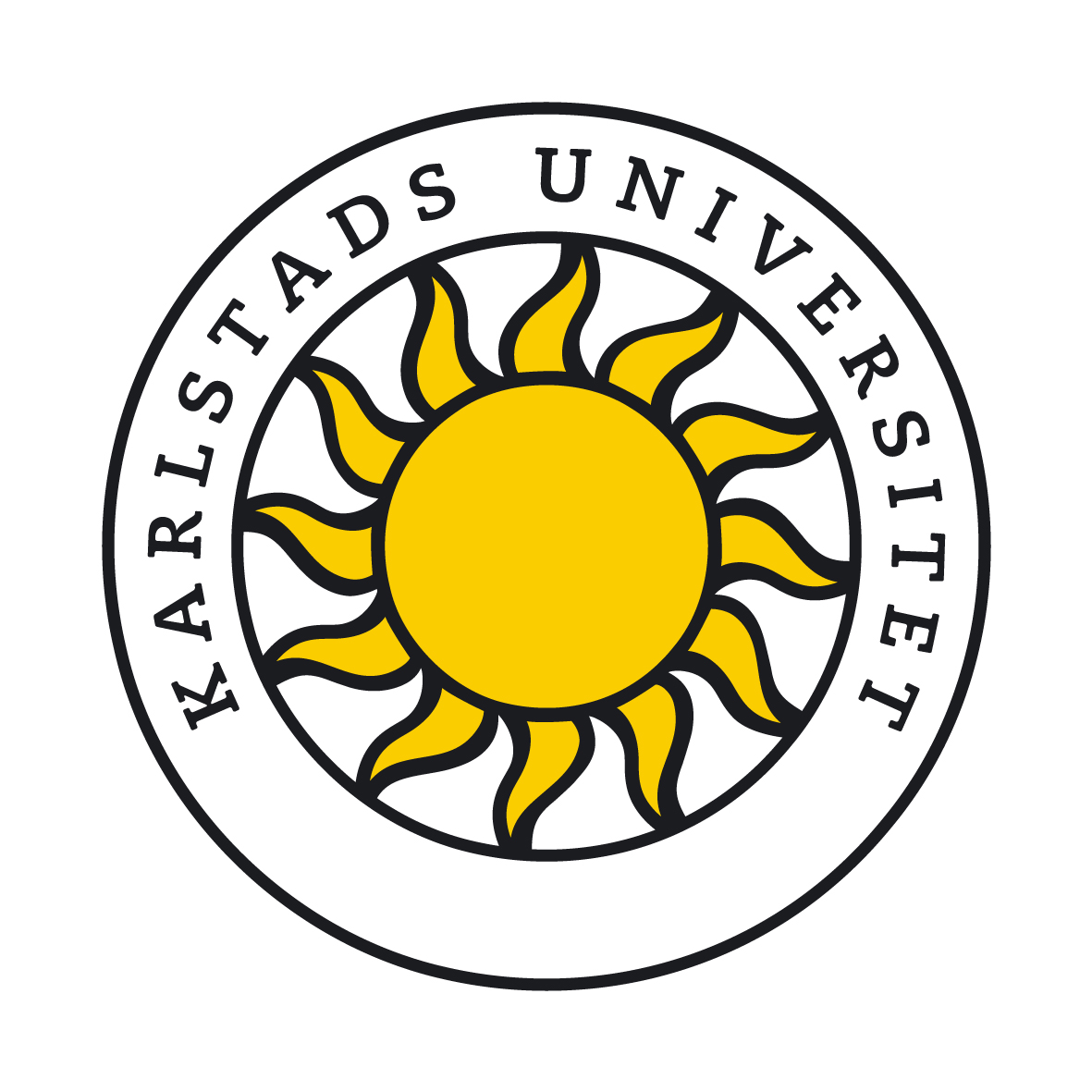Defining the GOALS of DEPRIMAP
The DEPRIMAP project is driven by a clear and ambitious vision: to enhance our understanding of deprived urban areas (DUAs) in the Majority World and to contribute to the development of sustainable, resilient urban environments for
the most vulnerable populations. Below, we outline the specific aims and objectives that guide our research and activities.
Primary Aim
The primary aim of DEPRIMAP is to fill critical gaps in knowledge and data related to DUAs, using state-of-the-art geospatial technologies and machine learning techniques. By doing so, the project seeks to support evidence-based urban
planning and policy-making that directly addresses the needs of communities living in DUAs.
Key Objectives
- Mapping and Characterizing DUAs:
- Develop a comprehensive geospatial framework to accurately map and characterize DUAs in various cities across the Majority World, including Buenos Aires, Khartoum, Lagos, Nairobi, and Dhaka (tentative locations).
- Utilize high-resolution satellite data from the Copernicus program and other publicly available datasets to create detailed maps of DUAs, highlighting their physical, demographic, and socio-economic characteristics.
- Assessing Vulnerability and Risk:
- Quantify the disparities in vulnerability and risk between DUAs and more affluent urban areas, particularly in relation to natural hazards such as flooding, drought, and heatwaves.
- Employ advanced machine learning and deep learning techniques to analyze how these risks are distributed within DUAs and to identify the most vulnerable populations and infrastructure.
- Enhancing Data for Sustainable Development:
- Contribute to global Sustainable Development Goals (SDGs), specifically SDG 1 (No Poverty), SDG 10 (Reduced Inequality), SDG 11 (Sustainable Cities and Communities), and SDG 13 (Climate Action), by providing high-quality data that can be used to inform sustainable urban planning.
- Ensure that the data and insights generated by DEPRIMAP are open, accessible, and usable by policymakers, urban planners, and other stakeholders to drive positive change in urban environments.
- Promoting Community and Stakeholder Engagement:
- Engage local communities, government officials, and global stakeholders throughout the project’s lifecycle to ensure that the research is informed by and responsive to the needs of those most affected by urban deprivation.
- Foster collaborative relationships that enable the co-creation of solutions and the effective dissemination of project findings to maximize impact.
- Scaling and Replicating the Framework:
- Develop a scalable and replicable geospatial framework that can be applied to other cities and regions facing similar challenges.
- Provide open-source tools, methodologies, and datasets to enable other researchers and practitioners to build upon DEPRIMAP’s work, thereby extending its impact beyond the initial case studies.
DEPRIMAP is a research funded by FORMAS (Swedish Research Council, application 2023-01210) involving KAU (Karlstad University, Sweden)

